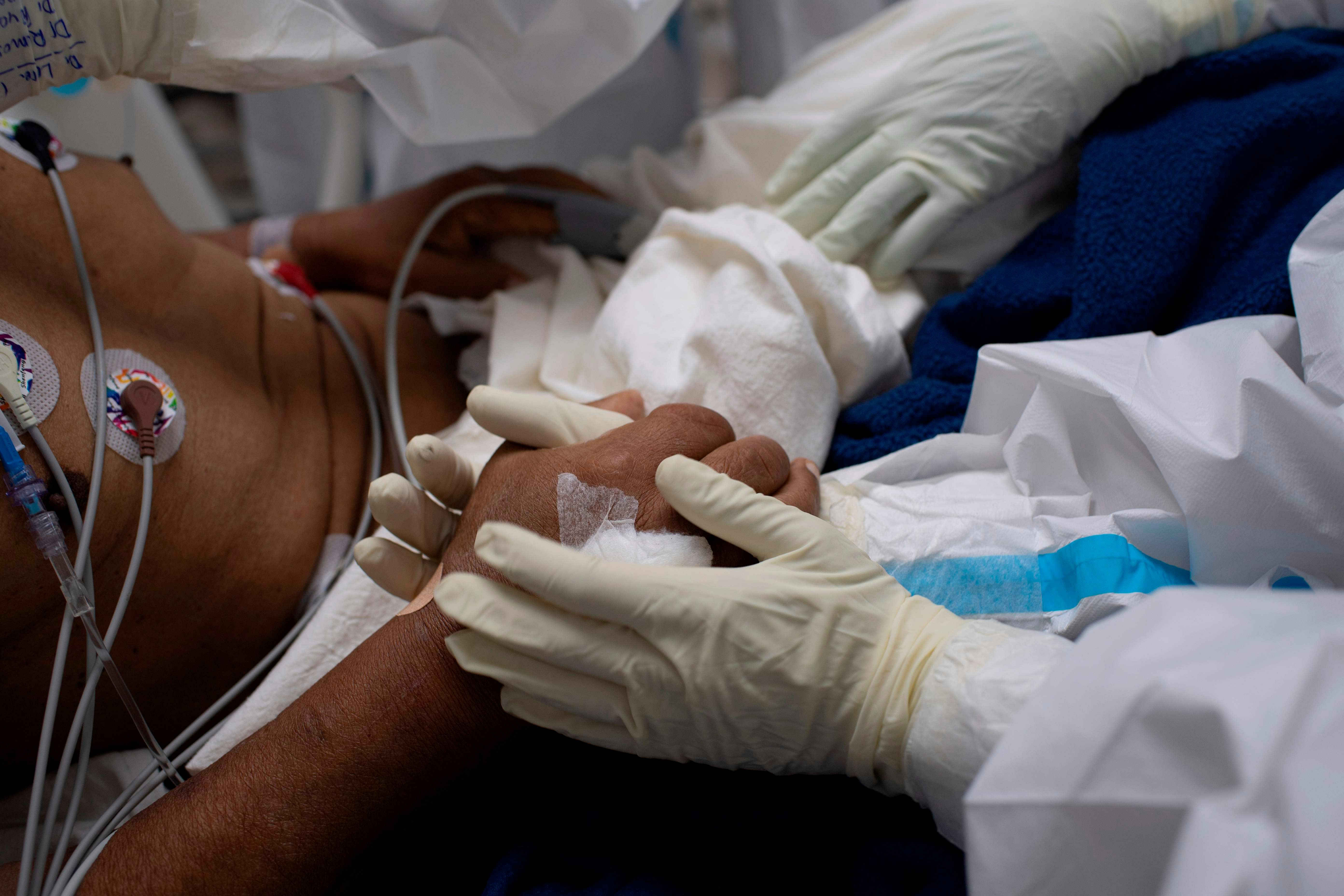
The government now faces a new challenge in potentially treating thousands of discharged Covid-19 patients still reeling from its effects.
Unfortunately, a policy of uniform, statewide post-Covid-care is lacking, although officials said they are starting to become aware of the issue.
International studies have painted grim figures of 87% of Covid-19 patients still having some symptoms of the disease six weeks after being discharged from hospitals, while the US Centre for Disease Control and Prevention found that 35% of 270 patients analysed had not returned “to their usual state of health when interviewed 2–3 weeks after testing.”
Karnataka has discharged over 1.89 lakh Covid-19 patients to date. As per the research findings, some 1.6 lakh people could potentially require post-Covid-care.
Munish Moudgil, director of the Covid War Room, said the government was not yet tracking the cases. “Such patients can avail all regular medical help through 108 [or] by calling Aptha Mitra on 14410,” he said.
Comorbidities risky
Dr Trilok Chandra, head of the Critical Care Support Unit, said the numbers requiring post-care would not be high. “The data seems to show that the recovered patients who would continue to be most at risk of complications are people with comorbidities,” he said.
Care areas
“Data so far suggests that our post-Covid-care should be focused on cardiac care, followed by kidney and liver care,” Chandra said.
Thirty-two-year-old Sreedevi (name changed), a resident of Jayanagar, who was “discharged” in the first week of August after coming down with heavy symptoms, said weeks later, she still has not recovered her full sense of smell and taste.
The situation is more critical in the case of a 70-year-old Covid-19 patient with comorbidities, who is due to be discharged from a private hospital this week after testing negative.
“He is still on ventilator support because the disease has impacted his heart and partly his kidney,” the patient’s son said.
He said the government should consider a post-Covid-care programme to monitor and treat discharged patients.
For Ramesh (name changed), 40, from Bengaluru South, the problem is not necessarily physiological but more psychological. He described an unexplained depression and inability to sleep.
Dr Rajani P, deputy director, Mental Health, Department of Health and Family Welfare, said clinical depression is rare among Covid-19 cases, but symptoms of depression are more common, due to stigma and other factors.
“We have also encountered cases of mental fatigue, loss of appetite and sleep disturbance,” she said.